Optimal Timing for Storm Restorations

Preparing structures before storm season can minimize damage and facilitate quicker restoration.
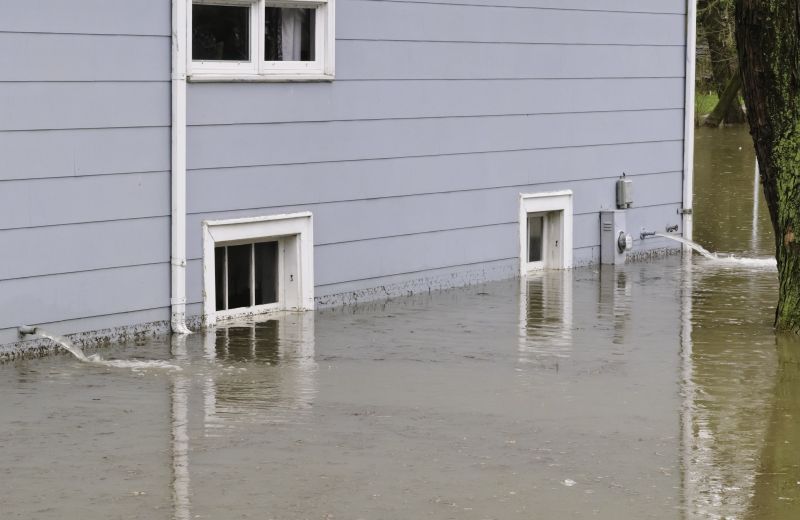
Conducting inspections after storms helps identify damage early and plan effective restoration efforts.
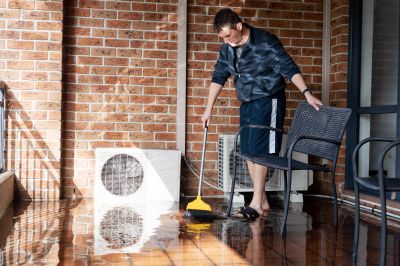
Scheduling repairs during calmer months can reduce costs and ensure timely restoration work.
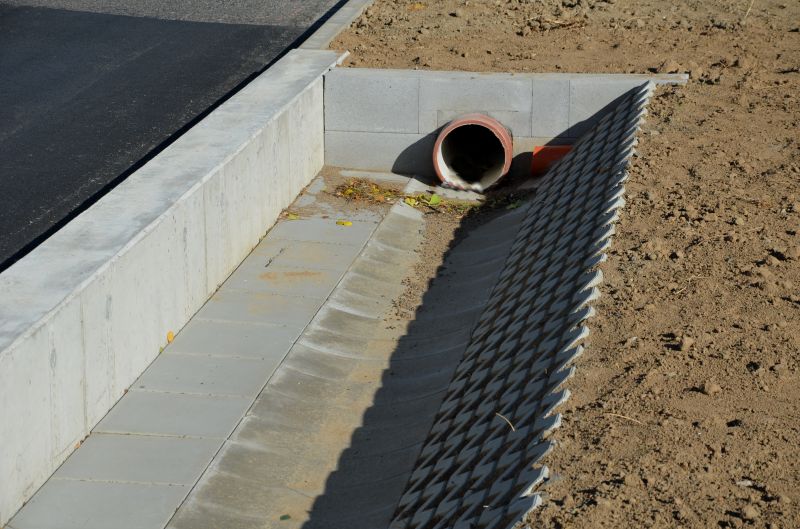
Ways to make Storm Restorations work in tight or awkward layouts.

Popular materials for Storm Restorations and why they hold up over time.

Simple add-ons that improve Storm Restorations without blowing the budget.
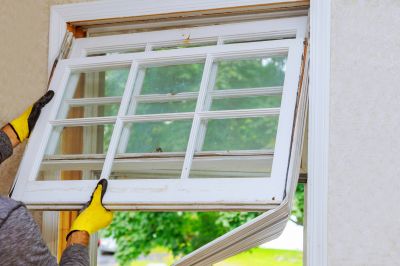
High-end options that actually feel worth it for Storm Restorations.

Finishes and colors that play nicely with Storm Restorations.
Storm restorations are critical in restoring safety and structural integrity following severe weather events. Proper timing can influence the extent of damage and the efficiency of restoration efforts. Storm seasons typically peak during specific periods, such as late summer and early fall, when weather conditions are most severe. Planning restoration work outside of peak storm activity can reduce costs and minimize disruptions.
Understanding local storm patterns helps determine optimal times for inspections and repairs.
Monitoring weather forecasts allows for proactive planning of restoration activities.
Taking preventive measures before storms can reduce the severity of damage and restoration costs.
Filing insurance claims promptly after storm damage can expedite restoration processes.
| Storm Season | Optimal Restoration Timing |
|---|---|
| Spring | Pre-storm inspections and preparations |
| Summer | Monitoring storms and conducting minor repairs |
| Late Summer to Fall | Peak storm activity, prioritize emergency repairs |
| Winter | Post-storm assessments and off-season repairs |
Effective storm restorations require careful planning and timing. Initiating repairs during periods of lower storm activity can lead to more efficient work and reduced costs. Regular inspections and proactive maintenance can also mitigate damage severity, ensuring quicker recovery when storms do occur.
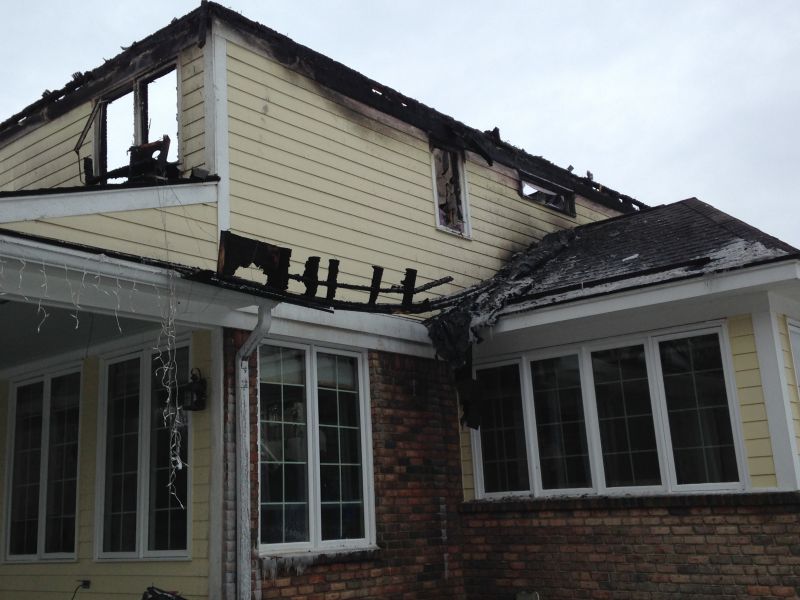
Thorough inspections identify vulnerabilities and prioritize repair needs.
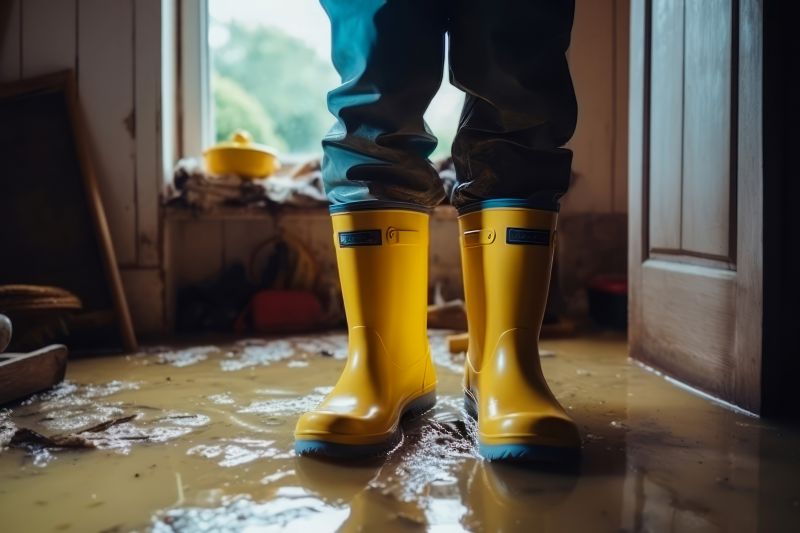
Rapid response teams are essential for immediate damage control after storms.
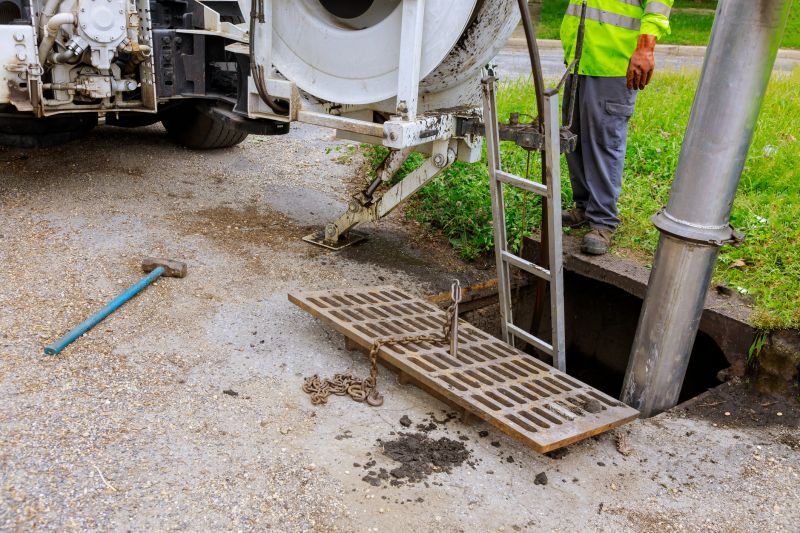
Specialized tools and machinery facilitate efficient repair work.

Reconstruction focuses on restoring structures to withstand future storms.
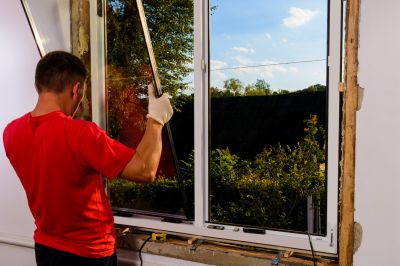
Little measurements that prevent headaches on Storm Restorations day.
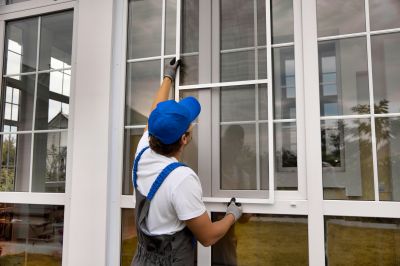
A 60-second routine that keeps Storm Restorations looking new.

A frequent mistake in Storm Restorations and how to dodge it.

Small tweaks to make Storm Restorations safer and easier to use.
Timely storm restorations not only restore property but also enhance resilience against future weather events. Proper planning, combined with prompt action, can significantly reduce long-term damage and repair costs.

Addressing damage promptly prevents further deterioration.

Strengthening structures during restoration improves storm resistance.
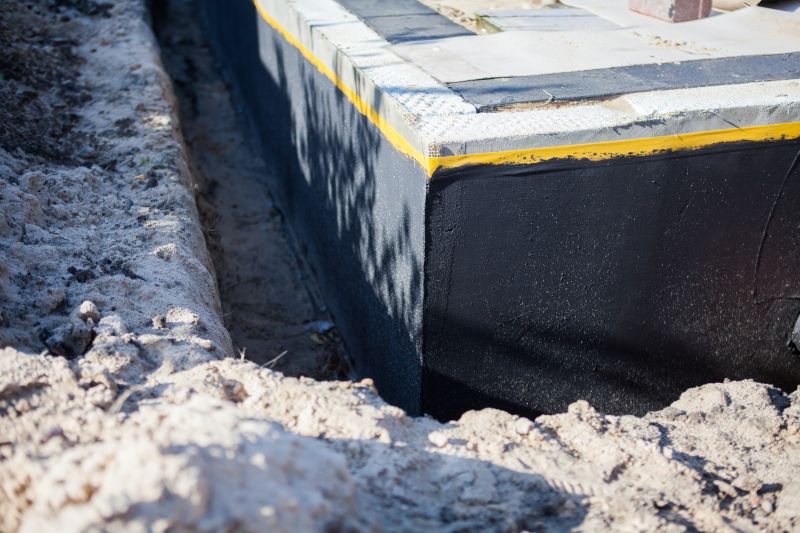
Implementing waterproofing reduces future water-related damages.
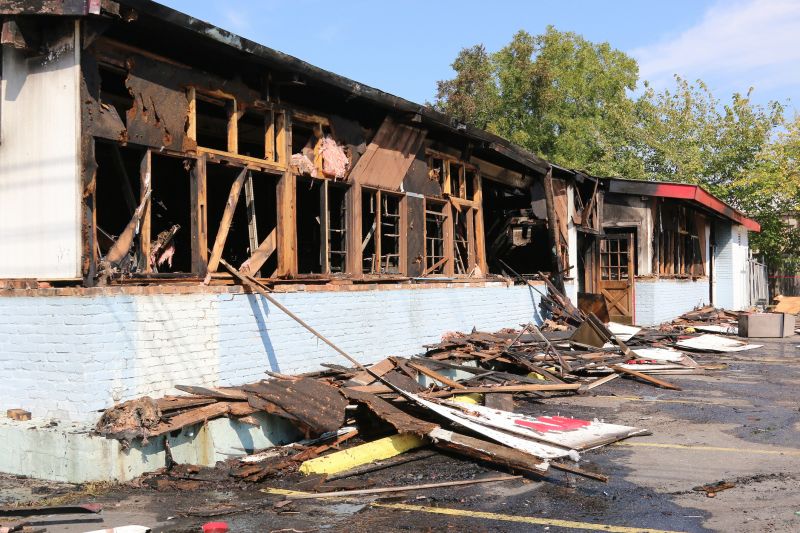
Comprehensive repairs restore both safety and appearance.

Lower-waste or water-saving choices for Storm Restorations.

The short, realistic tool list for quality Storm Restorations.

Rough timing from prep to clean-up for Storm Restorations.

Quick checks and paperwork to keep after Storm Restorations.
Interested parties are encouraged to contact for more information on storm restoration services. Proper timing and preparation can mitigate storm damage and facilitate efficient recovery efforts.

